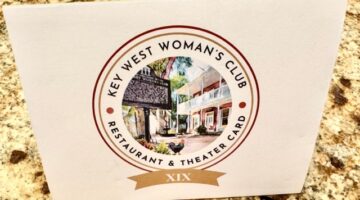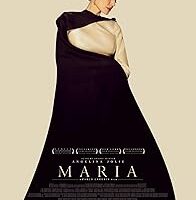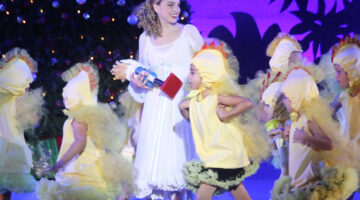John Wayne And Buddy Holly The Missing Link
By Mark Howell
Anybody who’s seen the “The Searchers,” a 1956 movie directed by John Ford and starring John Wayne, knows it to be one of Hollywood’s greatest movies ever.
But not everyone knows its connection to rock ’n’ roll legend Buddy Holly and one of his greatest hits: “That’ll Be the Day.”
A new book about the making of “The Searchers” written by Glenn Frankel and subtitled “The Making of an American Legend” unmasks that connection.
The storyline behind “The Searchers” is a true one: Back in 1836, in East Texas, nine-year-old Cynthia Ann Parker was kidnapped by Comanches, raised by the tribe, became the wife of a warrior and ultimately the mother of his three children — one of whom would grow up to become the tribe’s chief, Quana Parker (that first name is from the Comanche kwana “smell, odor”).
It was 24 years after her kidnapping that the U.S Cavalry and Texas Rangers finally recued Cynthia Ann and united her with her family, by then complete strangers to her.
Eventually her son, Chief Parker, whose many wives included Chony, Mah-Chetta-Wookey, Ah-Uh-Wuth-Takum, Coby, Toe-Pay and Tonarcy, visited with his mother at her new home as well as with President Theodore Roosevelt.
The latter part of this extraordinary tale is way beyond the scope of Ford’s story in the movie, a fiction that concentrates on John Wayne in the role of the just-in-time rescuer of the white woman, “Debbie Edwards” played by Natalie Wood. In Ford’s retelling, he cast Hollywood’s most archetypal white male hero in the role of searcher and savior, “both upholding the story’s ‘white-woman sullied by savages’ subtext while undermining it, baring the ambiguities surrounding race, sexuality and violence,” explains Bloomsbury, the new book’s publisher.
It was this ambiguity that might explain the film’s critical failure when first released. Variety called the film “overlong and repetitious.” Film Bulletin said it was “strange.” Time lamented “lapses in logic and a general air of incoherence.”
When the film failed to get any Academy Award nominations, Wayne was mystified. “You know, I just don’t understand why that film wasn’t better received … I think it’s Ford’s best Western and the most fascinating part I ever played.” He even named his son after the character, Ethan.
Concludes film historian Joseph McBride, “Racism was so endemic in our culture that people didn’t even notice it. They treated Wayne as a conventional Westerner. Not one person got it.”
Except perhaps for Buddy Holly (real name Charles Hardin Holley).
He and his drummer Jerry Allison saw “The Searchers” when it first opened at the State Theater in Lubbock Texas, at the very heart of what had once been known as Comancheria. When they emerged from the theater they immediately wrote “That’ll be the Day” — a phrase Ethan Edwards utters four times during the film — which became a number-one hit in the fall of 1957.
It later became the first demo disc recorded by a Liverpool quartet known as the Quarrymen, who later, of course, became the Beatles.
On top of that, another popular Liverpool group called themselves The Searchers.
A word whose reach resounds to this day.
Quote for the Week:
“I read and walked for miles at night along the beach, writing bad blank verse and searching endlessly for someone wonderful who would step out of the darkness and change my life. It never crossed my mind that that person could be me.”
— Anna Quindlen
[livemarket market_name="KONK Life LiveMarket" limit=3 category=“” show_signup=0 show_more=0]




Mark,
Great bit of trivia. From our current perspective we can sneer at the unconscious racism of that era, but sadly and obviously racism is alive and well today. I remember the great 70’s TV show, Kung Fu. It was created by Bruce Lee with himself in mind for the lead role, but the studio heads hired Caucasian, David Carradine in fear the American TV viewer would be put off by an Asian playing an Asian. Funny world….
Mark:
Nicely done. Had no idea of the association, especially the extension to Britain.
Larry